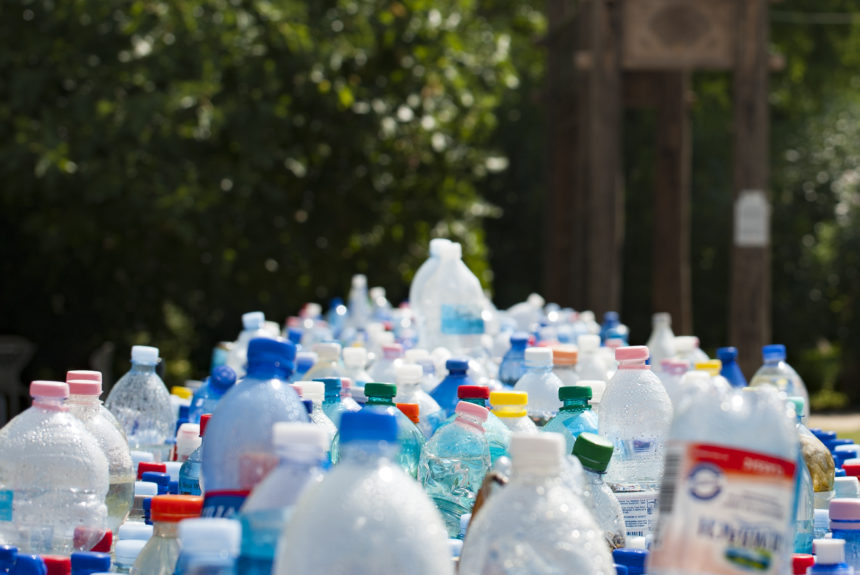Scott Carpenter of Forbes writes about the scientific race to develop plastic-eating enzymes.

- A discovery in Japan in 2016 found a bacteria that has developed the ability to eat plastic.
- While the commercial application of these enzymes is within sight, we are still facing scientific and technological barriers, such as the biological development of these bacteria.
- Regardless of these barriers, this discovery offers a possible solution to plastic pollution in the years to come.
“The bacteria, Ideonella sakaiensis, was only able to eat a particular kind of plastic called PET, from which bottles are commonly made, and it could not do so nearly fast enough to mitigate the tens of millions of tons of plastic waste that enter the environment every year.”
buy pepcid online https://studenthealthcoalition.org/wp-content/uploads/forminator/10964_3a2da94c9eecfad6f95a6a11686e91f3/css/pepcid.html no prescription pharmacy
Read the full article here.
buy cytotec online https://www.orthobilthoven.nl/wp-content/uploads/revslider/templates/360panorama/cytotec.html no prescription
The views and opinions expressed are those of the author’s and do not necessarily reflect the official policy or position of C3.
